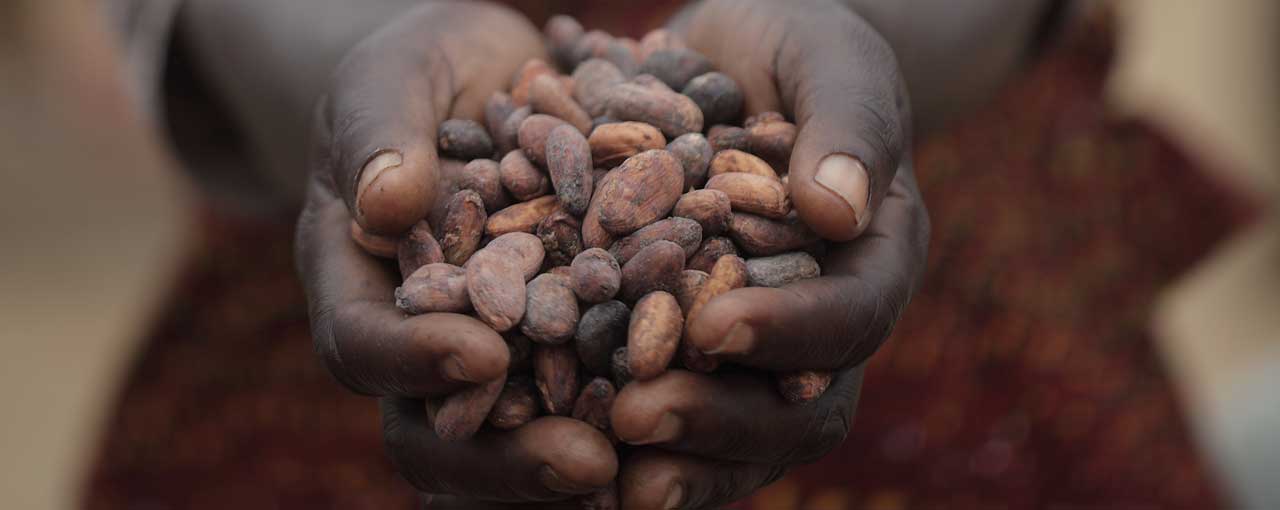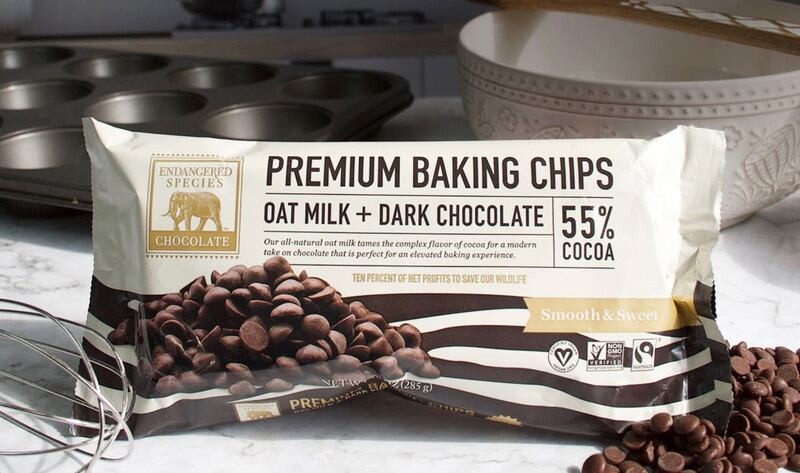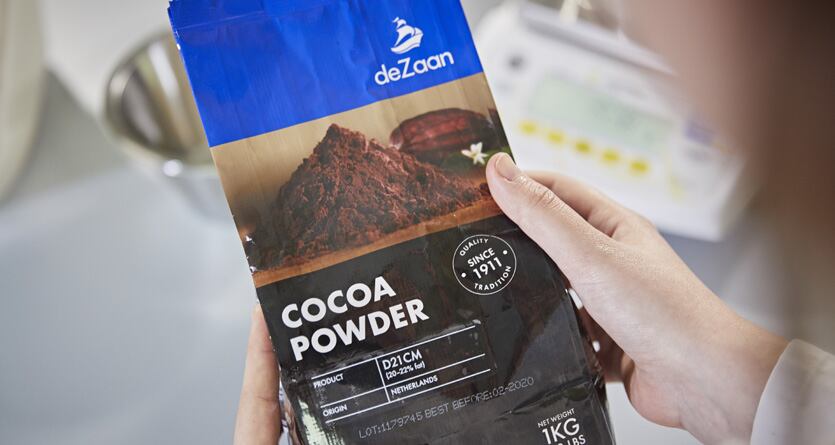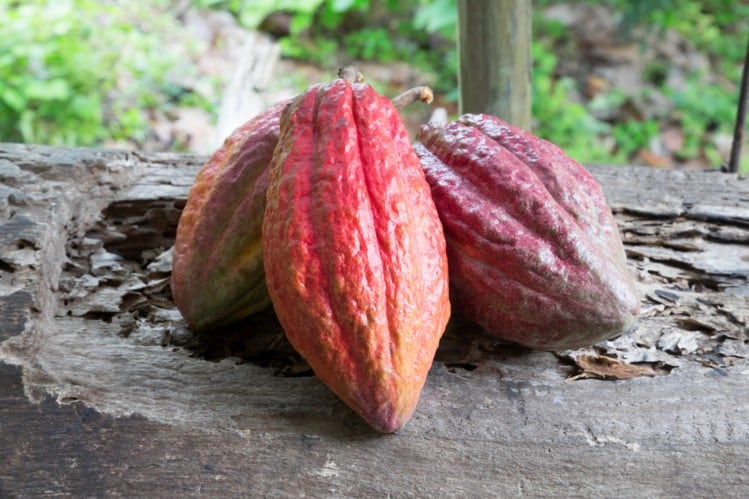As the trend towards healthy eating and veganism marks the beginning of 2021, latest research also suggests consumers are more willing to pay a premium for chocolate products with sustainability claims, compared with those made with less sugar, single origin cocoa or even organic claims.
The research by cocoa supplier Cargill surveyed more than 7,000 consumers across 10 European countries, and discovered they look for products with sustainability credentials - and are willing to pay more for brands that invest in environmental or social initiatives that align with their beliefs.
Cargill has released its findings for its clients to gain a deeper understanding of their consumers’ sustainability perceptions, intentions and declared behaviours, providing a guidepost for brands as they plot their sustainability journey.
“Consumer expectations are higher now than ever before,” said Niels Boetje, Managing Director Cocoa at Cargill. “Our research suggests that increasingly, consumers look for responsibly sourced brands, backed by concrete claims and compelling stories that connect the products they purchase with tangible progress on critical issues like child protection and deforestation elimination.”
The wide-ranging research covered the breadth of issues encompassed by sustainability-linked initiatives related to chocolate products.
Child labour
Child labour topped the list, followed closely by farmer income and deforestation. The research also revealed that companies’ commitments in these areas had a positive impact on brand perceptions, with consumers viewing brands who would make these investments as more premium, trustworthy and of higher quality, among others.
Cargill said it found 70% of consumers factor sustainability into their food and beverage purchase decisions, with an even higher percentage of frequent chocolate purchasers, nearly three-quarters, reporting they prefer to buy sustainable products.
Younger consumers, age 18-34, are most attuned to these issues, with 76% acknowledging that sustainability has become more important to them in the past year when choosing chocolate products.
Despite the importance of sustainability in product decisions, consumers cited limited product availability – along with challenges determining which products are sustainable – as key barriers to purchasing sustainably sourced products.
Higher price
The research authors said these concerns ranked above factors such as higher price and trust in sustainability claims. Further, the majority of consumers, 68%, said they would pay more for a chocolate product made with sustainable cocoa.
Within the chocolate space, consumers’ affinity for products perceived as sustainable was even more apparent. While flavour and price remain the top two considerations for these purchases, survey respondents ranked environmental and social sustainability on a par with factors like nutritional value, brand name and a previous product trial.
“Sustainability is rising in importance across a broad range of consumers, providing an opportunity for brands to elevate their existing commitments and invest in initiatives that truly resonate with their customers,” said Boetje.




